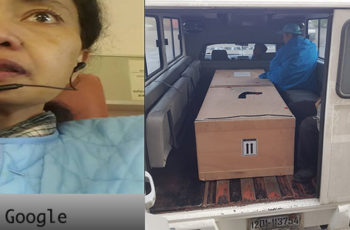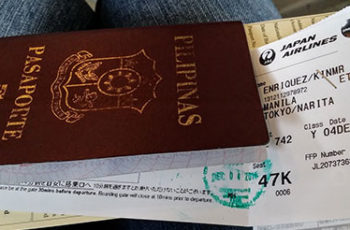The Philippine Embassy and Consulate’s Assistance to Nationals reminds the public to never use their passport as loan collateral because in case they get imprisoned, they will never bail them out.
Gina, a domestic helper in Hong Kong, gave her passport to money lenders. Last month, she asked for help from the ATN section of the Philippine Consulate General but to no avail, she was denied of the help she gravely need.
The reason of ATN is that, you must never use your passports as loan collaterals and never act as loan guarantors.
According to Gina, she loaned money amounting to HK$15,000 to help her friends on their placement fee. However, her two friends moved to Canada without paying the debt which now soared to HK$25,000.
They refused their pleas despite her efforts to reach out to her friends for the payment of the money they loaned.
As the months goes by, the debt doubled to HK$34,000. Gina had to pay monthly for the past three months for HK$3,500.
Despite all the tears she shed in front of Vice Consul Alex Vallespin, he was not moved a bit. She wants to go home but her passport is not with her.
READ ALSO : 3 Possible Ways to Retrieve Your Passport From Employer
“Gusto ko na pong umuwi dahil Malaki na ang nababayaran ko pero lumalaki pa rin ang utang ko, pero paano po, nasa kanya ang passport ko,” says Gina.
However, Vallespin responded that running away from her debt won’t be a good thing because in the first place, it was her obligation to pay and she agreed to the terms and conditions before getting the money.
“Like that woman, she’s trying to use the Consulate to run away from her debt. We’re not issuing travel documents to help people like her flee from their debtors,” says Vallespin.
Vallespin reminded the Filipinos working abroad that the passport are sole property of the Philippine government. Therefore, it should not be used in transactions like loan collateral. He also find some people borrowing money to help others.
MORE PASSPORT STORY : DFA Opens Doors Allowing Walk-In Passport Application By OFWs
“Let’s inculcate in them that if they don’t need to borrow, they shouldn’t borrow. There have been many variations of the story, we’ve seen a lot of cases. But why do they have to borrow?” Vallespin further said.






